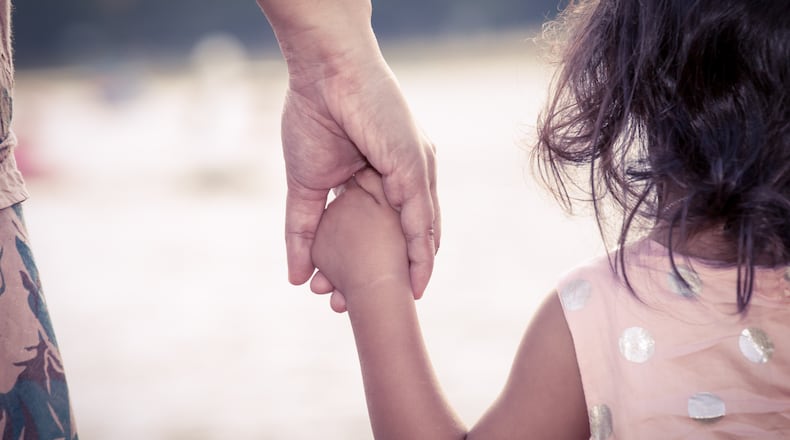A viral Facebook post about potential child sex trafficking may have done more harm than good and one expert is speaking out about the latest social outrage.
A woman from California posted on her Facebook page about an alleged case of potential child sex trafficking that happened when she and her children were at their local Ikea.
In the post, which is now not publicly viewed, Diandra Toyos says she and her children were "targets of human traffickers," CBS News and other media outlets reported.
Toyos claimed in the unconfirmed post that as she went through the store, a man was following them. Shortly after, a second man also started following the family.
Toyos said she thought something wasn’t right, at one point, while stopping for a break on a couch in the showroom. The men sat down on a neighboring couch for what she said was the entire time her family rested. When she got up, we went to a store employee, and the men disappeared.
"Something wasn't right. I am almost sure that we were targets of human trafficking," CBS News says Toyos wrote on the Facebook post.
Toyos said she also reported the incident to the store’s security team. She says that store officials would watch the store’s security video, but she has not received an update from the store.
Police in the area say the have heard about the case but only through social media.
Covina Police Department spokesman, Gregg Peterson, told CBS News, "I saw this when it came out, but I'm not sure if we were notified by the woman. It definitely appears to be a stretch to consider this a human trafficking issue, but that is just my opinion."
Snopes has found Toyos' account as unproven, citing claims of similar situations at Targets, Walmarts and even theme parks.
Whether the story is true or not, the post, some experts say, did more harm than good.
In an op-ed piece written for the Los Angeles Times, Lara Powers, an advocate against child sex trafficking, said Toyos’ story shows no actual signs of human trafficking and that it “misrepresents the dangers, warning signs and risks associated with sex trafficking” and that the post will have parents “watching for the wrong things in the wrong places.”
Powers cites her expertise of handling thousands of cases in the U.S., saying that in all of the cases she has read or seen,there has not been a case where a child was taken during the day, in the middle of a store under the view of their mother.
She added that child sex traffickers prey on victims who are runaways, homeless or being sold by their parents or foster care parents.
Powers said that as she tried to correct the misconceptions in the comments section of Toyos’ post, she, and other advocates, were “met with anger and outrage” with supposed quotes and numbers that boosted the claim that “human trafficking happens everywhere.”
In 2016, there were 8,042 cases of human trafficking in the U.S., according to Polaris Project, a charity that is trying to put an end to human trafficking.
About the Author
The Latest
Featured

